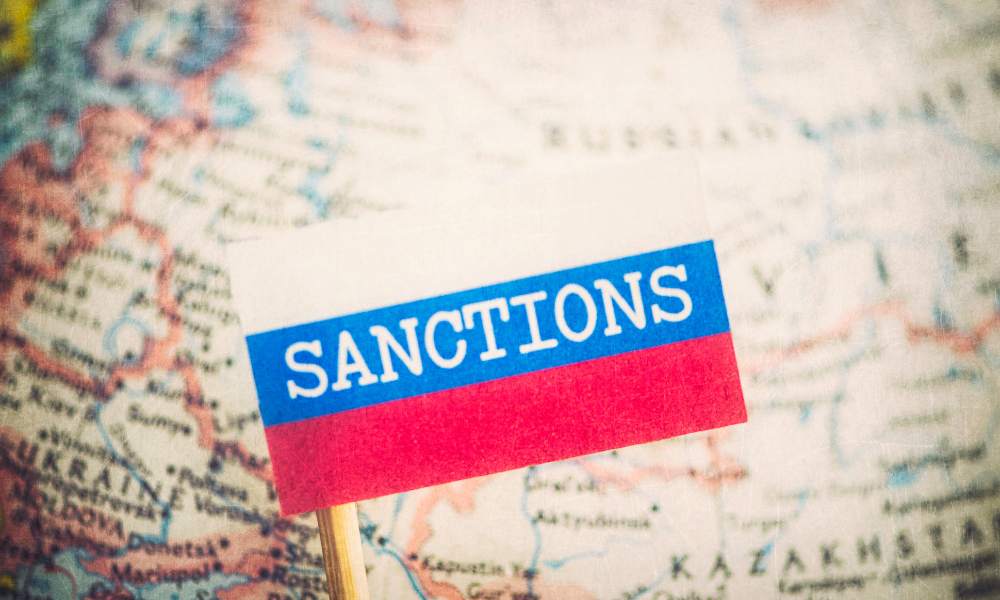
Economic sanctions are a harsh reality in today's global landscape. Whether imposed for political reasons, human rights violations, or national security concerns, these sanctions can have a crippling effect on countries and individuals alike.
Discussions surrounding Economic Sanctions On Countries often touch upon the complex and multifaceted impact they have on the international stage. In this article, we'll delve into the strategies and realities of surviving economic sanctions, shedding light on the complexities and challenges involved in navigating this turbulent economic terrain.
Economic sanctions are punitive measures taken by one or more countries to restrict or limit economic activities with a targeted nation, organization, or individual. These sanctions can include trade embargoes, financial restrictions, travel bans, and more.
Sanctions can be imposed for a variety of reasons, including national security concerns, human rights violations, nuclear proliferation, and aggressive foreign policies. Understanding the motives behind sanctions is essential for devising effective survival strategies.
One key strategy for mitigating the impact of economic sanctions is diversifying your nation's economy. Relying too heavily on a single industry or export can make a country highly vulnerable to external pressures.
Investing in domestic industries can bolster a nation's resilience. By nurturing homegrown businesses and promoting innovation, countries can reduce their dependence on foreign trade.
During times of economic sanctions, establishing new trade partners and alliances can be crucial. Exploring uncharted markets and building strong diplomatic ties can help a nation weather the storm.
Flexibility is essential. Adapting to changing circumstances, such as new regulations or restrictions, can be the difference between survival and collapse.
Economic sanctions often have unintended consequences, impacting innocent civilians and causing suffering. Understanding the humanitarian dimension is vital.
Surviving economic sanctions is not just about short-term resilience. The long-term effects on a nation's economy and reputation must be considered.
Diplomacy plays a significant role in managing and eventually lifting sanctions. Engaging in constructive dialogue with sanctioning nations is a crucial aspect of the process.
As sanctions evolve, so must survival strategies. Staying ahead of the curve and continuously reevaluating your approach is imperative.
Surviving economic sanctions is a complex and challenging endeavor. By diversifying economies, strengthening domestic industries, forging new alliances, and adapting to changing circumstances, countries can increase their resilience.
However, it's essential to understand the humanitarian impact, consider long-term effects, engage in diplomatic efforts, and evolve strategies to navigate these harsh economic realities successfully.
1. What are the most common reasons for economic sanctions?
Economic sanctions are often imposed for reasons related to national security, human rights violations, nuclear proliferation, and aggressive foreign policies.
2. How can diversifying the economy help in surviving sanctions?
Diversification reduces dependence on a single industry or export, making a nation less vulnerable to external pressures.
3. Are there any long-term effects of economic sanctions?
Yes, economic sanctions can have lasting impacts on a nation's economy and reputation, affecting its future prospects.
4. How do diplomatic efforts contribute to surviving sanctions?
Diplomacy plays a crucial role in managing and eventually lifting sanctions. Engaging in constructive dialogue is essential.
5. Why is it important to adapt survival strategies continuously?
As sanctions evolve, nations must adapt to changing circumstances to effectively navigate the economic challenges they pose